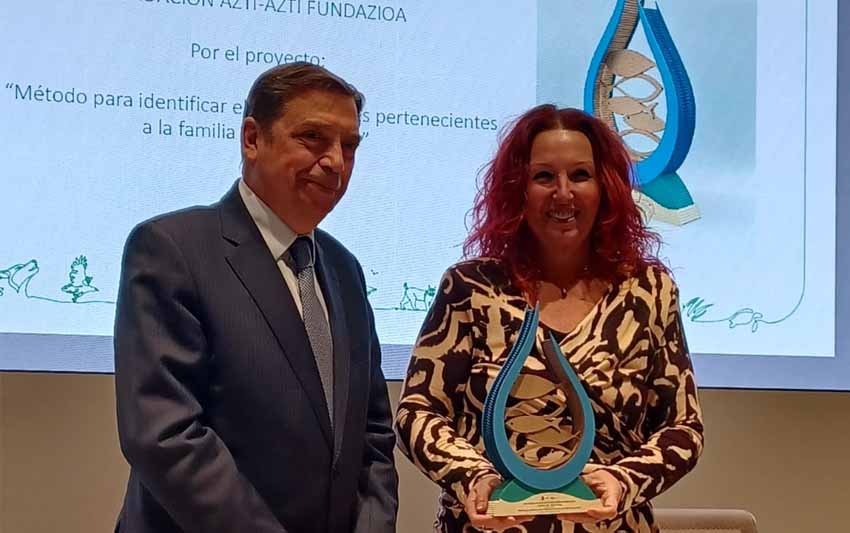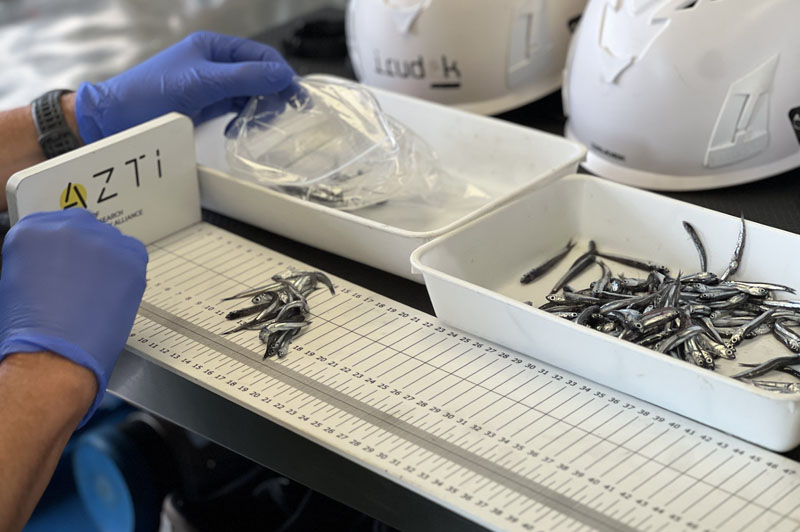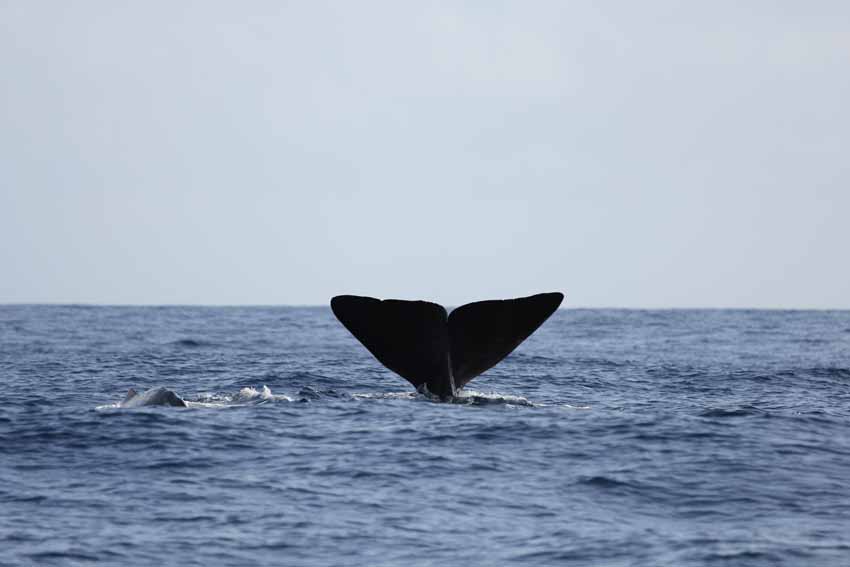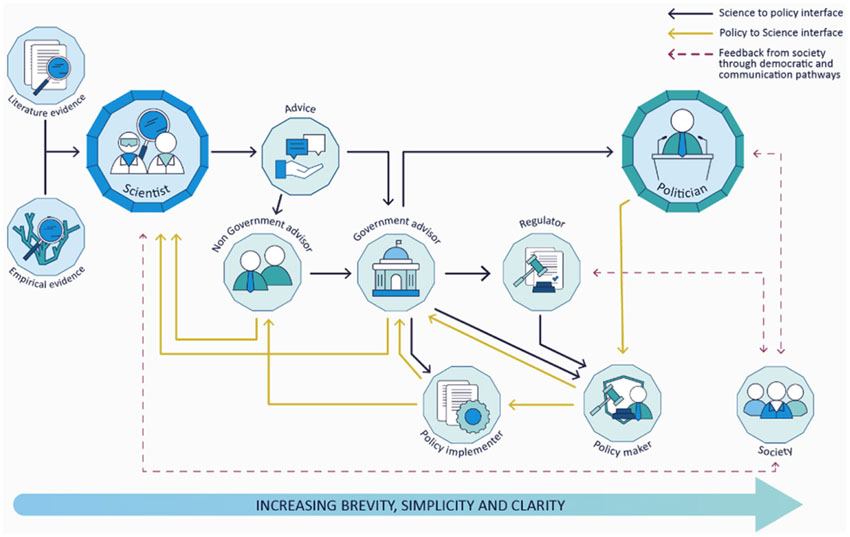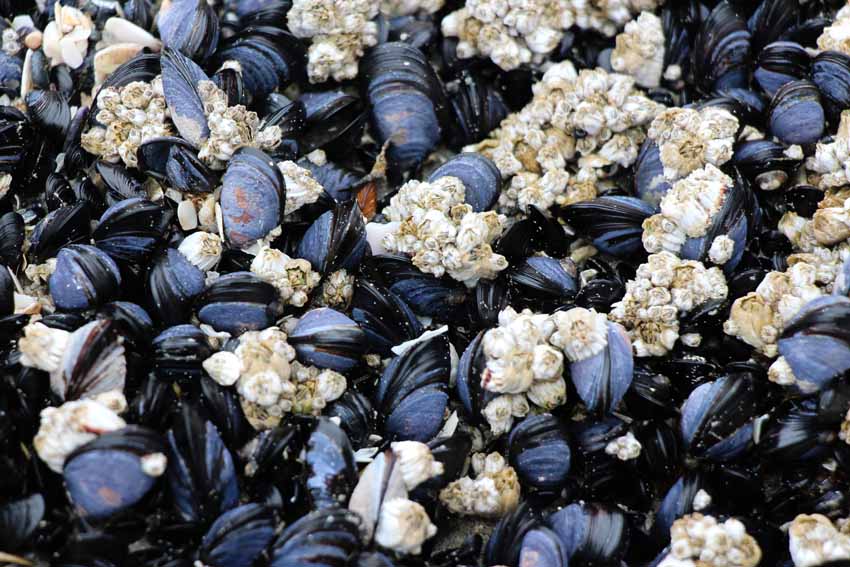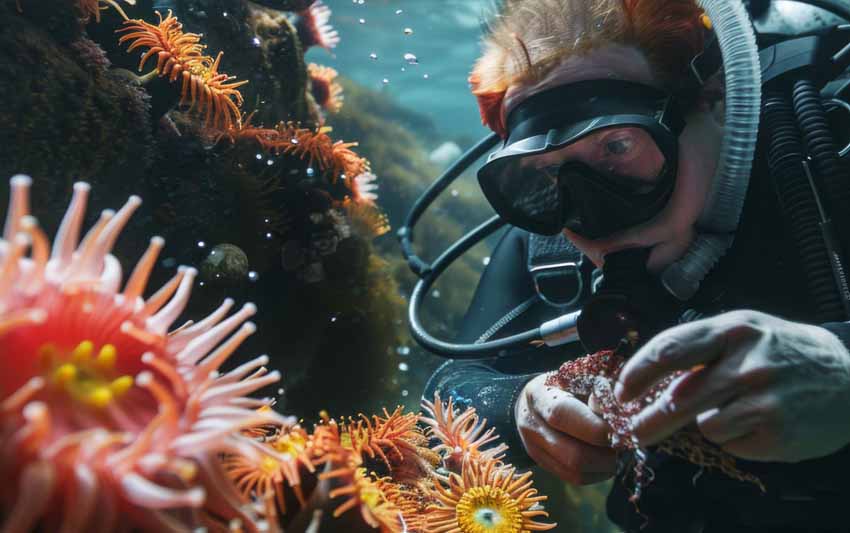EU fails to achieve Good Environmental Status in its seas
Últimas noticias
AZTI wins the 24th JACUMAR Award with a pioneering PCR method to determine the sex of sturgeons
JUVENA 2025: The abundance of juvenile anchovies in the Bay of Biscay has doubled the historical average
Ethics in Artificial Intelligence for Food and Health: From “Can Do” To “Should Do”
- Groundbreaking EU-funded study highlights structural failures in marine protection and calls for urgent action to prevent irreversible ecosystem damage.
Pasaia, September 3, 2025 – More than a decade after the entry into force of the Marine Strategy Framework Directive, European seas remain far from reaching the goal of Good Environmental Status. Marine biodiversity continues to show signs of deterioration, while human activities exert considerable pressure on ecosystems.
This was confirmed by an international research team that, for the first time, carried out a comprehensive and harmonized assessment of the environmental status of all EU marine waters.
The research is part of the European project GES4SEAS, funded by the EU’s Horizon Europe research and innovation program and coordinated by the technology center AZTI. The study, published in the high-impact journal Conservation Letters, provides a detailed evaluation of how far EU environmental objectives for marine waters are being met, concluding that most ecosystems still fail to achieve the desired levels of ecological health set by law.
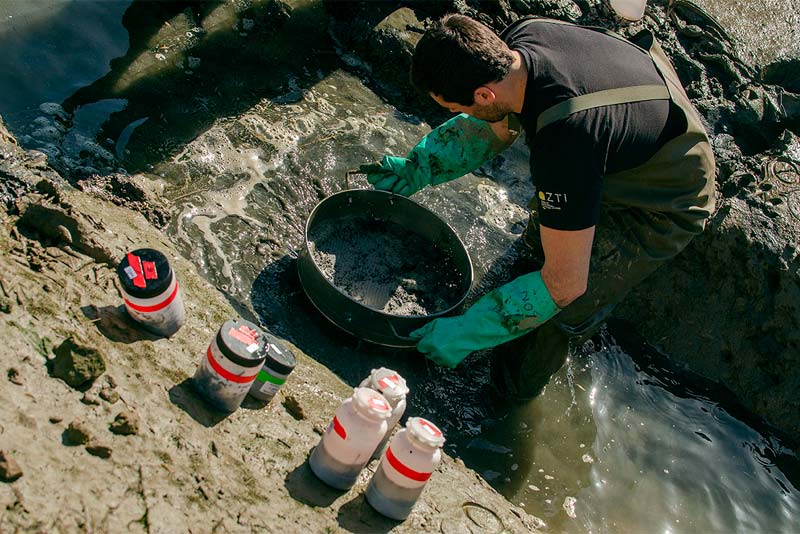
The study analyzed the 11 descriptors that define the environmental status of marine waters under the Directive — from biodiversity and fisheries to marine litter and underwater noise — and integrated this information at the regional scale for the first time. Results show that human pressures — such as overfishing, pollution, invasive species, and climate change — continue to act cumulatively, with no effective and coordinated response.
“This is not just a lack of progress. We are losing marine biodiversity on a large scale while current management tools fail to halt the decline,” warns Stelios Katsanevakis, Professor of Marine Sciences at the University of the Aegean and co-author of the study.
While regions such as the Baltic Sea or the North Sea show better levels of monitoring and governance — thanks to international agreements such as HELCOM (Helsinki Convention on the Protection of the Baltic Sea) and OSPAR (Oslo-Paris Convention for the Protection of the North-East Atlantic) — other areas, especially in the eastern Mediterranean, face major data gaps, which severely limits the capacity to act.
“Where there is regional cooperation and investment in science, there is progress. But in many areas we are still sailing blind,” stresses Athanasios Nikolaou, lead author of the study and PhD candidate at the University of the Aegean.
Since its entry into force in 2008, the Directive has required Member States to assess the environmental status of their marine waters every six years and to design action plans to achieve or maintain Good Environmental Status. The analysis shows that, although some progress has been made in certain regions, the quality of data and the implementation of measures vary significantly between countries and sea basins.
“This study confirms what the scientific community has been saying for years: the EU needs to strengthen marine governance, rely more on scientific evidence, and act in a coordinated and urgent manner if it wants to protect its seas,” says Ángel Borja, researcher at AZTI, coordinator of the GES4SEAS project, and co-author of the study. “The health of our marine ecosystems cannot depend on geographic chance or the political will of individual countries,” adds Dr. Borja.
Índice de contenidos
Spain among the regions under greatest pressure and with the poorest environmental indicators
The analysis also provides a clear picture of the state of marine ecosystems surrounding Spain. In particular, the Alboran Sea and the western Mediterranean rank among the ecoregions with the highest levels of pressure and the poorest environmental indicators.
The Alboran Sea shows the highest pressure index of all evaluated areas, reflecting the intensity of human impacts such as intensive fishing, maritime traffic, and pollution. This is compounded by limited data coverage, which hinders the design and implementation of effective measures.
Meanwhile, the western Mediterranean — which includes a broad stretch of the Spanish coastline — records the lowest ecological status index in Europe, despite having relatively complete assessment data. This suggests that restoration and conservation efforts in the area must be intensified.
In the Atlantic, the waters of the European southwest shelf — also under Spanish jurisdiction — benefit from stronger regional coordination within the framework of the OSPAR Convention, although the study does not provide disaggregated data specific to this area.
These results underscore the urgent need to strengthen the protection of marine ecosystems in Spanish waters through ambitious, sustained actions supported by quality data and regional cooperation.
A call to action to improve the health of Europe’s seas
The research team urges European and national institutions to strengthen environmental monitoring, improve data quality and coverage, and implement coherent, evidence-based policies. Protecting marine biodiversity is not only vital for ecological balance, but also for securing the services that oceans provide to society: from sustainable fisheries and climate regulation to blue economy jobs and healthy coastal ecosystems.
In this regard, the European Commission’s Directorate-General for the Environment has already contacted the authors, with plans to present this methodology and results soon to experts from all EU countries in order to make decisions that will advance marine protection.
Study reference:
Nikolaou, A., Borja, Á. & Katsanevakis, S. (2025). What Do We Know About the Environmental Status of European Seas? Conservation Letters, 18(4), e13118. https://doi.org/10.1111/conl.13118

